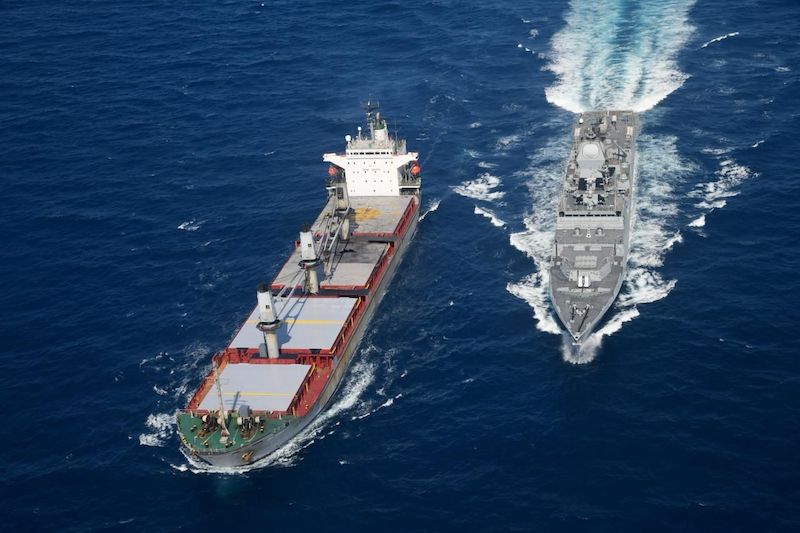The dangers of sea blindness
Maritime Misunderstandings: The Dangers of Sea Blindness

Recent events in the maritime industry have shed light on a troubling phenomenon known as “sea blindness,” where the general public lacks awareness of maritime operations. This issue was highlighted by the controversial sale of Hutchison Ports and the recent Signalgate incident involving U.S. officials discussing military actions in Yemen. Both situations underscore the potential dangers of this ignorance, particularly in understanding the implications of maritime logistics and military strategy.
Understanding Sea Blindness and Its Implications
Sea blindness refers to the lack of awareness about maritime activities among non-seafarers. This phenomenon has grown since World War II, as larger ships have led to the relocation of ports and industries away from urban centers to coastal areas with deep-water access. As a result, the general population has become increasingly disconnected from the realities of shipping and maritime operations.
This disconnect can lead to amusing misunderstandings, such as mislabeling container ships as tankers. However, the implications of this ignorance can be serious. The recent sale of Hutchison Ports, which controls about 5% of the world’s container terminals, raised concerns about potential military applications of these facilities. Critics argue that container terminals, which are designed for cargo handling and logistics, have no military use. They are equipped with cranes and customs facilities but cannot accommodate military operations, such as housing troops or berthing warships.
The confusion arises when people conflate container terminals with ports, which do have military significance. This lack of clarity can lead to misguided political rhetoric and decisions, as nations make aggressive statements based on misunderstandings of maritime infrastructure.
Signalgate: A Case Study in Maritime Misunderstanding
The Signalgate incident further illustrates the dangers of sea blindness. During an online discussion involving high-ranking U.S. officials, including the Vice President and Secretary of Defense, the conversation turned to military actions against Houthi forces in Yemen. The officials questioned the rationale behind bombing the Houthis, suggesting it would primarily benefit European interests.
What they failed to recognize is that the Houthis’ actions, which have effectively closed the Suez Canal, have not significantly impacted the flow of goods to Europe. Instead, their actions have driven up freight rates globally. The Suez Canal adjusts its transit fees based on the cost of rerouting ships around Africa, making it a competitive option. However, the real driver of increased charter rates is the time factor, which reduces the availability of ships and raises costs across the board.
While professionals in the U.S. Department of Defense understand these dynamics, it appears that their political leaders do not. This disconnect highlights the critical need for a better understanding of maritime logistics and its implications for national security and international relations. As the world becomes increasingly interconnected, addressing sea blindness is essential to ensure informed decision-making in both political and military contexts.
